The importance of eating enough food for weight loss
There is one misconception about weight loss that I see almost daily with new clients. This is the notion that they feel like they need to cut out meals, severely restrict calories and generally just eat like a sparrow to lose weight. It is mind blowing how many social media accounts I see that compare the number of calories of two ‘foods’, usually one being ultra processed with zero nutritional content but with less calories, and the other marginally better in terms of nutrition but with higher calories. The angle of these post is to encourage you to choose the ultra processed option because of its lower calorie content. It’s insane and dangerous to people’s health.
The advice that should be given is to eat food that makes you feel full. This feeling of fullness will help prevent cravings, overeating and even low moods. The most satiating foods are whole food proteins, fibre and starch.
Why is protein so important?
Protein is made up of 20 amino acids, 9 of which are essential for our body to function, and the other 11 are non-essential but still very much wanted for the body to function optimally. Our bodies are actually designed to keep eating until we have taken in adequate amino acids. Ever noticed how you can gorge on things like pasta or bread even though you know you are already full? That’s your body searching for those amino acids.
When you pair good quality protein like fish, meat, eggs, beans or legumes with plenty of fibre and starch, like vegetables and whole grains, you will satisfy what your body needs. However, if you choose a small meal of just some carbohydrate, lets say a couple of rice cakes or a small plate of chips you will later be reaching for the carbs and sugar that your body is craving due to having low blood sugar and hunting for those amino acids. You may also find that you feel tired, lacking in motivation and maybe have a headache and/or a low mood.
The amount of protein each person needs varies depending on the individual requirement and their level of activity. A general rule of thumb is to take in 1 gram of protein per kilogram of body weight. So, if you are 66kg you want to be taking in 66g of protein per day, so 22g per meal.
If by 7pm you haven’t met your daily protein requirement then this is where binge eating tends to occur. Your body wants to keep eating until it meets its requirement. Snacking after dinner is a habit I see a lot, and this can be prevented if you are eating enough good quality protein alongside plants and fibre.
What about insulin?
One of the most influential hormones in weight gain and loss is insulin, and it is protein and fibre that blunt the insulin spike caused by eating carbohydrate alone. By blunting that insulin spike you are preventing potential insulin resistance, meaning the glucose from your food can be used as cellular energy, rather than being laid down as fat. Even if you are eating a sparrow-like portion of something but it is only a simple carbohydrate (bread, chips, crisps, pasta, chocolate etc), it will still cause that insulin spike, altering your blood sugar levels, and increasing the risk of gaining weight, craving sugar, feeling tired, getting a headache, and having mood swings.
I have worked with numerous clients where we have altered their eating habits to include more protein, and in just a few weeks they have seen the results that they have been looking for for years. Throw away that expensive subscription to your local slimming group and stop with the fad diets - you don’t need these things for weight loss. If you are looking to lose weight and need some bespoke support in changing your diet and lifestyle I’d love to chat.


